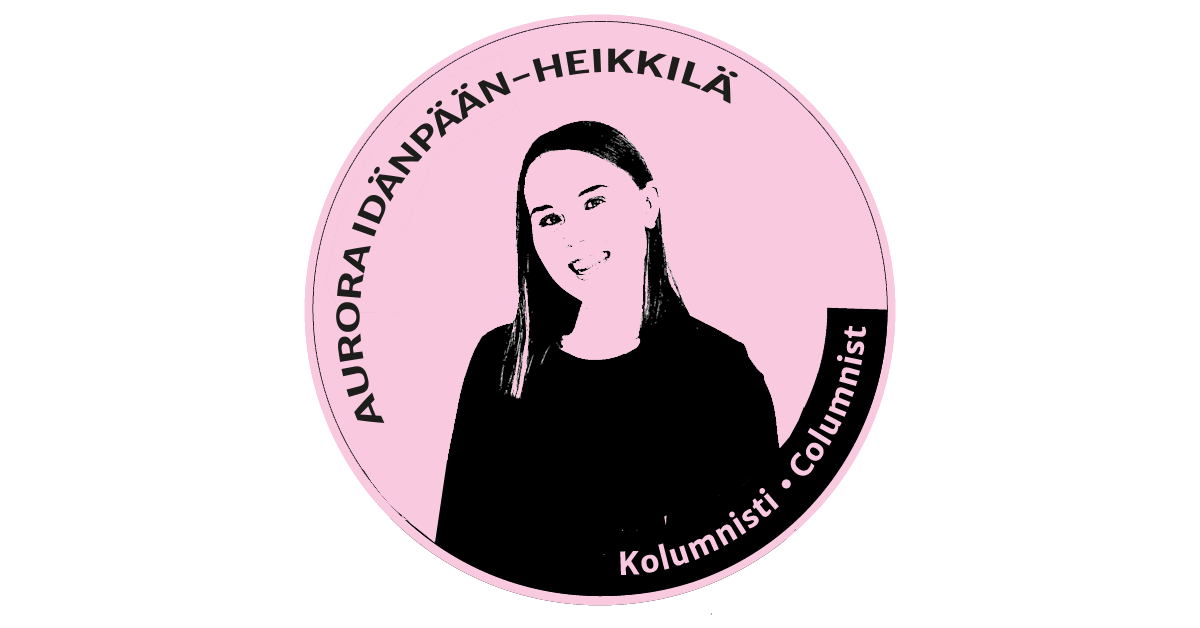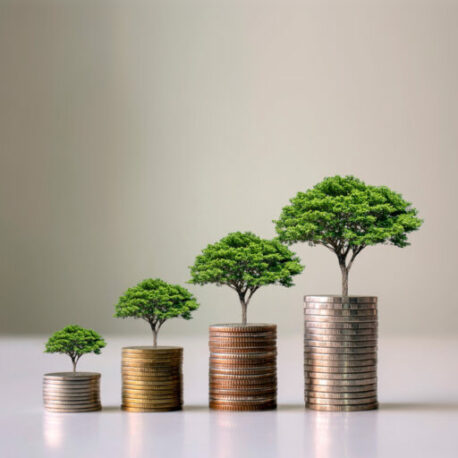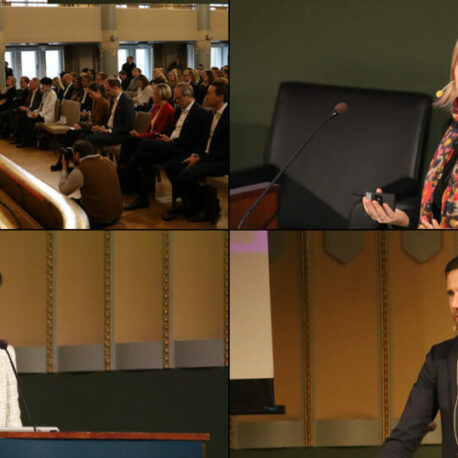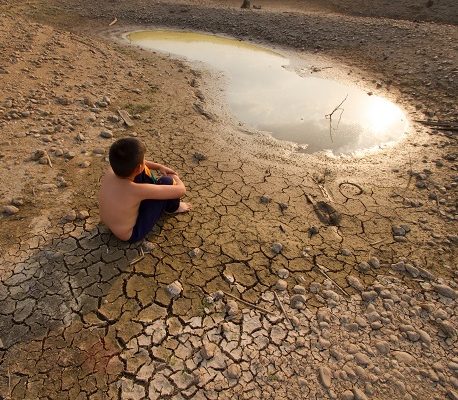
Following their significant efforts in climate change mitigation, financial sector companies are now also becoming key drivers in spurring the business sector’s work to halt biodiversity loss. This is how Docent Mari Pantsar summarises the financial sector’s biodiversity work in her recent report, which was commissioned by the Ministry of the Environment.
According to the Finnish Innovation Fund Sitra, in a few years biodiversity will be just as hot a topic as climate change, if not hotter. Biodiversity loss is progressing at an alarming rate, although there is no clear-cut way to measure its progress. The financial sector as a major lender, investor and sharer of risks plays a central role in mitigating both climate change and biodiversity loss.
======
Financial sector companies are now becoming key drivers
in spurring the business sector’s work to halt biodiversity loss.
======
At the 2022 United Nations Biodiversity Conference COP15 in Montreal, Canada, 154 financial institutions called on world leaders to agree on a global economic plan for halting and reversing nature loss. The financial sector’s statement called on governments worldwide to adopt an ambitious Global Biodiversity Framework for economic actors, including financial institutions, to take action to halt and reverse biodiversity loss. Finnish signatories to the statement included Nordea and Varma Mutual Pension Insurance Company. Varma and Ilmarinen Mutual Pension Insurance Company also published their own roadmaps to biodiversity in 2022, and many other companies are creating their strategies as we speak. In other words, financial institutions have already started to scrutinise the biodiversity risks of their investment portfolios.
The private and public sectors must work together to halt and reverse biodiversity loss. Rather than creating new regulation, we should look into strengthening current regulation. One of Finance Finland’s key EU objectives is indeed for the EU to promote a rulebook that allows investments and financing to factually steer the course of the economy into a more sustainable direction.
The financial flows steered by investment and financing decisions are made up of money belonging to regular people: savers, investors and future pensioners. Responsible decisions can redirect these financial flows to targets that promote sustainable development.
======
Financial institutions have already started to scrutinise
the biodiversity risks of their investment portfolios.
======
Finance Finland promotes the profitability and sustainability of business not just through its own lobbying, but also through its membership in the Climate Leadership Coalition (CLC). CLC member organisations strive to find sustainable solutions to global environmental challenges and to allow businesses to operate in a way that is carbon neutral and sustainable.
How can business be both profitable and sustainable? The main motivator in pursuing both ends is knowing that green markets are profitable. CLC is currently running a campaign underlining that the green transition offers Finnish society a multitude of opportunities. According to CLC, the green transition can yield Finland €85–100 billion in exports by 2035. The financial sector’s role in the transition is central: it must channel finance where it is used to produce sustainable solutions.
======
Biodiversity loss is progressing at an alarming rate,
and it is much harder to quantify than greenhouse gas emissions.
======
The deadline for halting biodiversity loss and mitigating climate change is fast approaching. From the start, the financial sector has supported the actions to reach the aims of the Paris Agreement. One of the main aims of the Paris Agreement, the goal to limit global warming to 1.5 °C above pre-industrial levels, seems to now be dangerously close to slipping out of our reach. The synthesis report of the Intergovernmental Panel on Climate Change (IPCC), published in March 2023, states that global warming will exceed 1.5 °C by the early 2030s unless we move faster towards net-zero emissions.
There is no time to waste in halting and reversing biodiversity loss either. The Finnish financial sector is highly committed to working side by side with other parties to ensure that our planet remains habitable also for future generations.
Still have questions?
|Contact the columnist
Looking for more?
Other articles on the topic

Clear and uniform sustainable finance regulation enhances the EU’s competitiveness

The EU Sustainable Finance Disclosures Regulation has promise but lacks in execution

Will the wild west of ESG ratings soon be history? – New regulation facilitates the assessment of sustainability factors

The financial sector has power to halt biodiversity loss – International experts presented their measures in Helsinki





